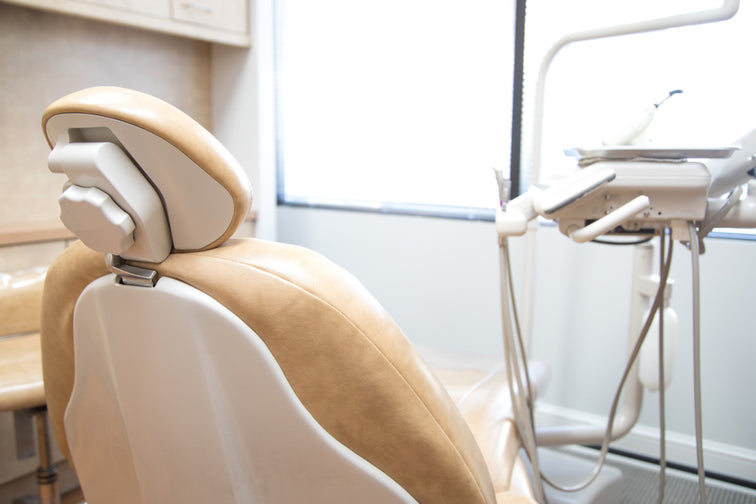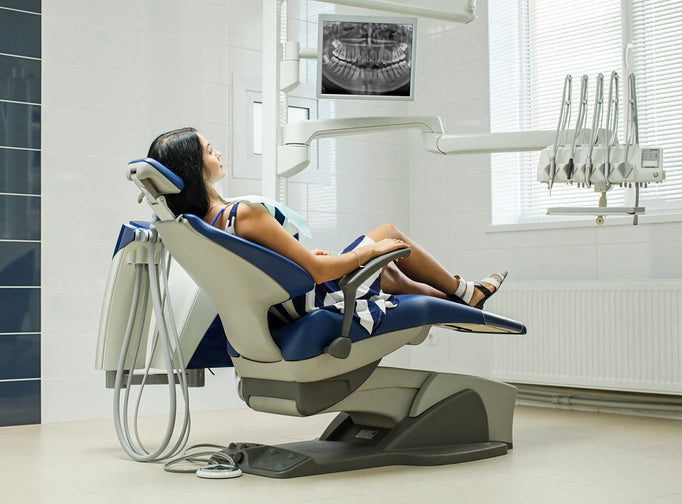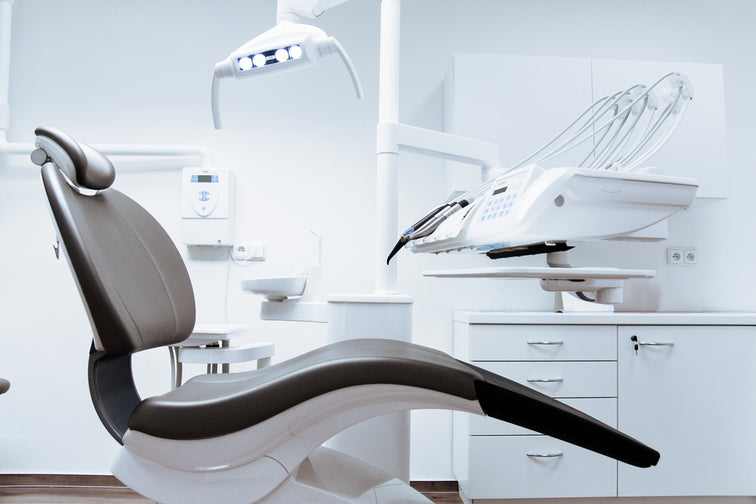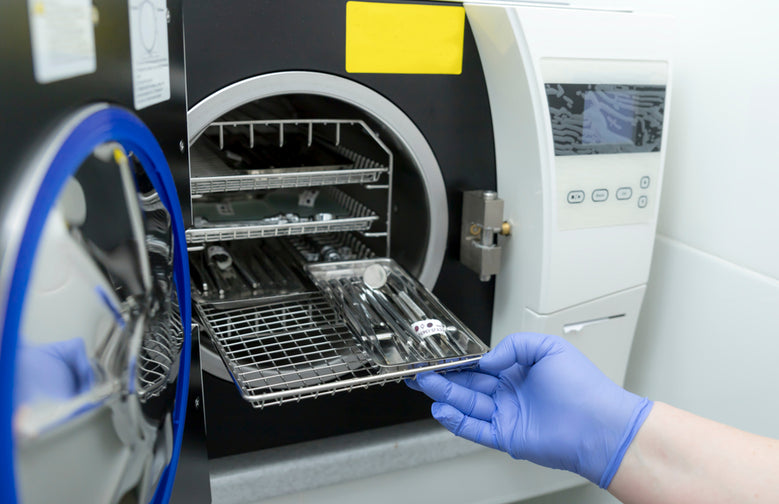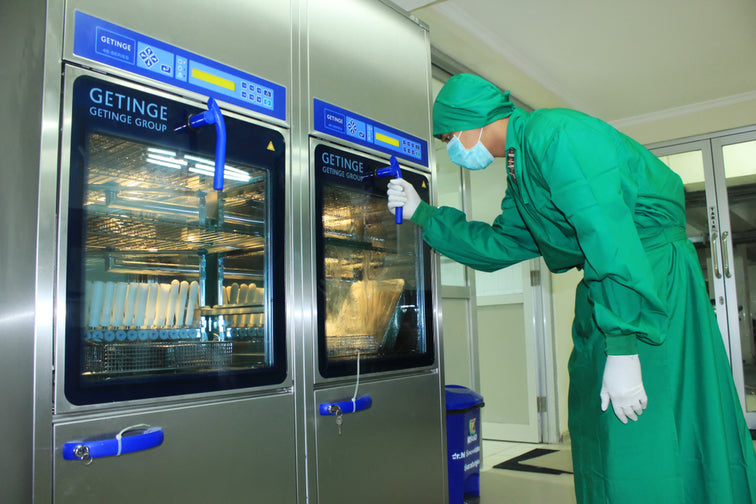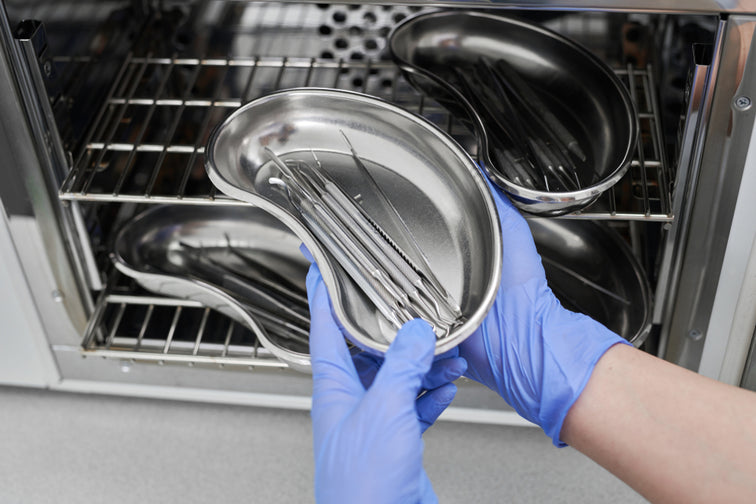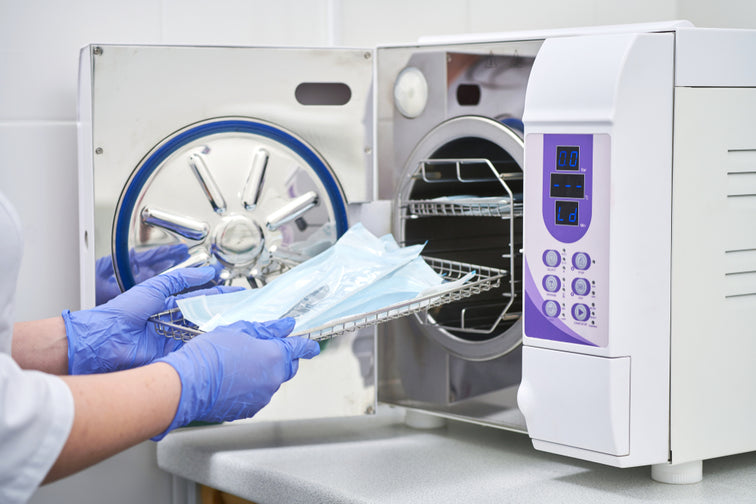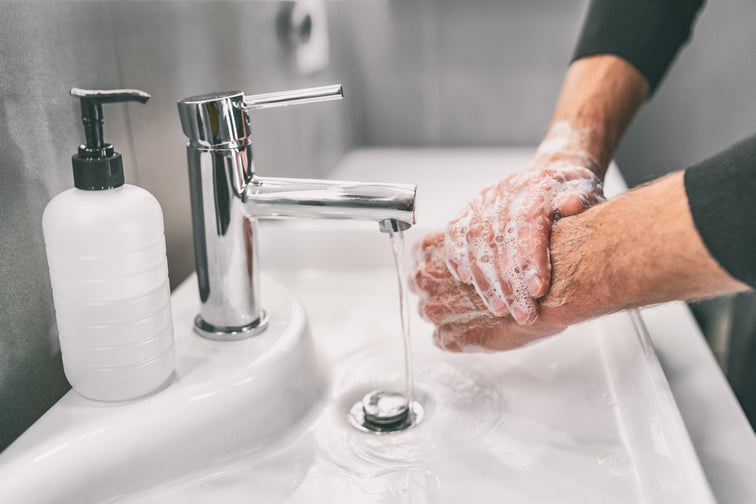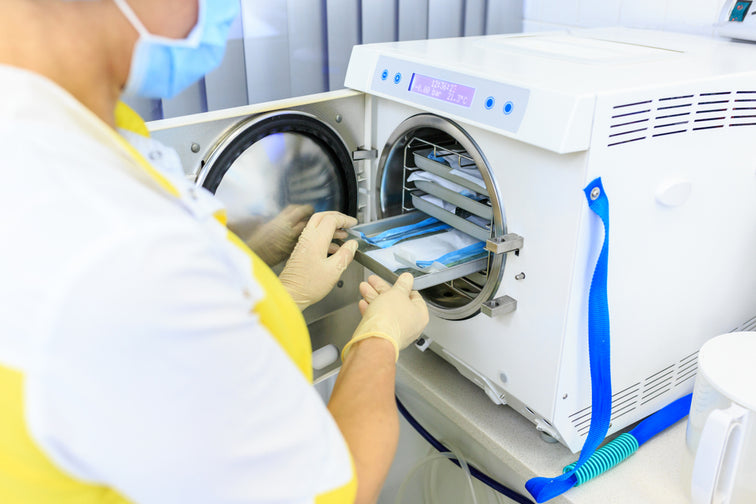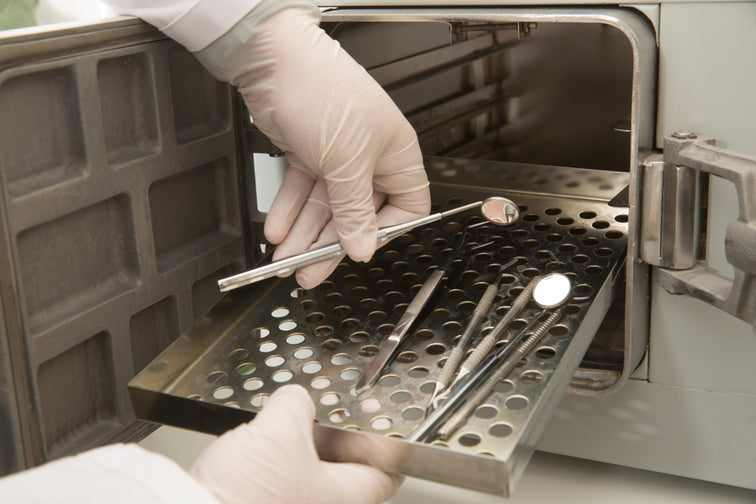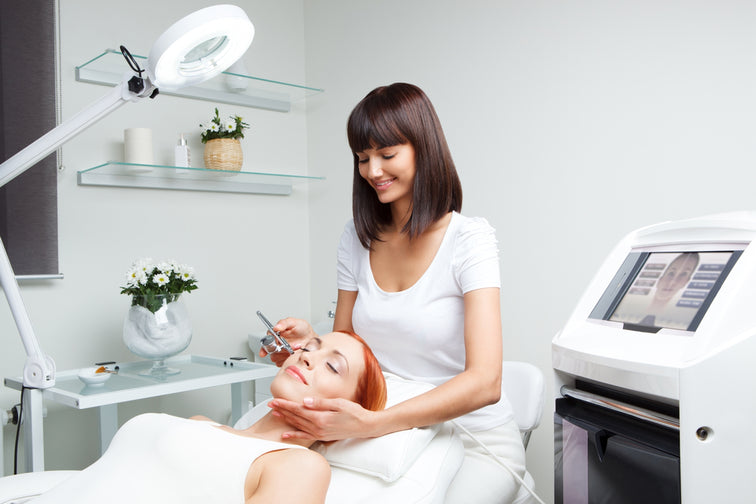Most Important Considerations When Choosing A Dental Chair
Is your old dental chair starting to wear out? Are you thinking about purchasing a new one, but are unsure of what factors you should consider with the latest technology? If these are some questions you might have in mind, we’re to help as much as we can. When choosing a new dental chair, there are a few basic characteristics to consider. In this article, we will be talking about seven of these characteristics, namely: design, construction, material, general components, functionalities, accessories, and of course, dental chair cost. If you would like to learn more about these, feel free to...

